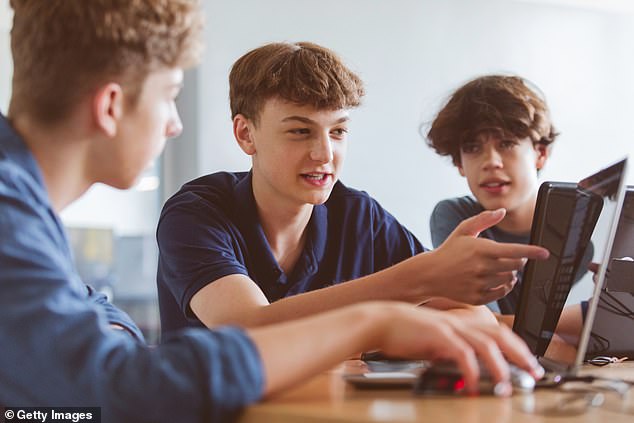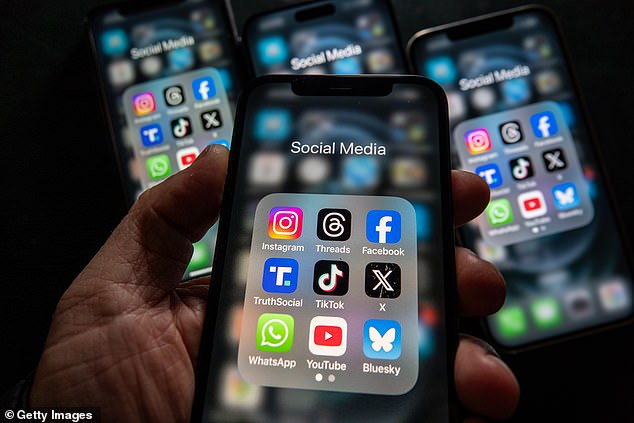According to a survey, Generation Z members are growing increasingly disenchanted with social media, and eight out of ten say they would want to prevent their kids from using it for as long as feasible.
Among those between 16 and 24 years old, half express frustration with the time spent on phones during childhood, and one-third regret not postponing their use of online platforms.
Generation Z, comprising individuals born from 1996 to 2010, are distinctive as they have been immersed in the digital world since early childhood.
Luke Tryl, who directs the polling firm More In Common that conducted the study, stated: "A significant number of British Generation Z members express remorse for the time they dedicated to their gadgets."
The call for the government to step up efforts in safeguarding children from the adverse effects of social media encompasses both young people in Britain and the general public.
The research, involving over 1,600 young adults and conducted alongside the think tank The New Britain Project, revealed that seven out of ten participants desire stricter regulations to protect youth.
Furthermore, social media was identified as the greatest contributor to the deteriorating mental health among teenagers.
At the same time, half of the respondents indicated that social media has deteriorated over the last five years, with approximately two-thirds believing it has grown more unsafe.


Overall, women expressed more negative views about social media compared to men.
The study has been released as Members of Parliament get ready to discuss a private member’s bill introduced by Labour Party Member of Parliament Josh MacAlister, which aims to enhance smartphone safety for kids.
The proposed Safer Phones legislation would require the government to develop a plan for researching how social media usage affects children. Anna McShane, who leads The New Britain Project, stated: "These poll results leave absolutely no room for ambiguity."
We oversee various sectors that present dangers to youth, so why should social media be an exception? If we do not intervene at this moment, we will be disregarding the concerns of the generation that has experienced these adverse impacts firsthand.
The findings from this study align with recent polls conducted by Girlguiding, the United Kingdom’s biggest youth organization, which revealed that over twenty-five percent of teens have encountered a sexually altered deepfake involving a celebrity, peer, or educator.
Deepfakes refer to pictures or video clips created through artificial intelligence technology that utilizes the facial features of actual individuals.
About 58 percent of 13-year-olds reported being aware of deepfakes, with this figure increasing to 62 percent among all teens. A representative from the Department for Science, Innovation and Technology stated, "Our commitment is to safeguard young individuals in digital spaces while allowing them to take advantage of new technological advancements."
'This summer, strong new safeguards for children will come into effect via the Online Safety Act, designed to shield them from detrimental material and guarantee they enjoy a suitable online environment tailored to their age.'
The government’s reply to the private member’s bill will take place during the second reading of the legislation, adhering to standard parliamentary procedure.
Read more